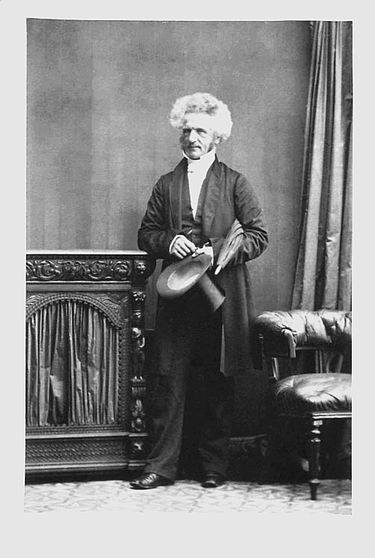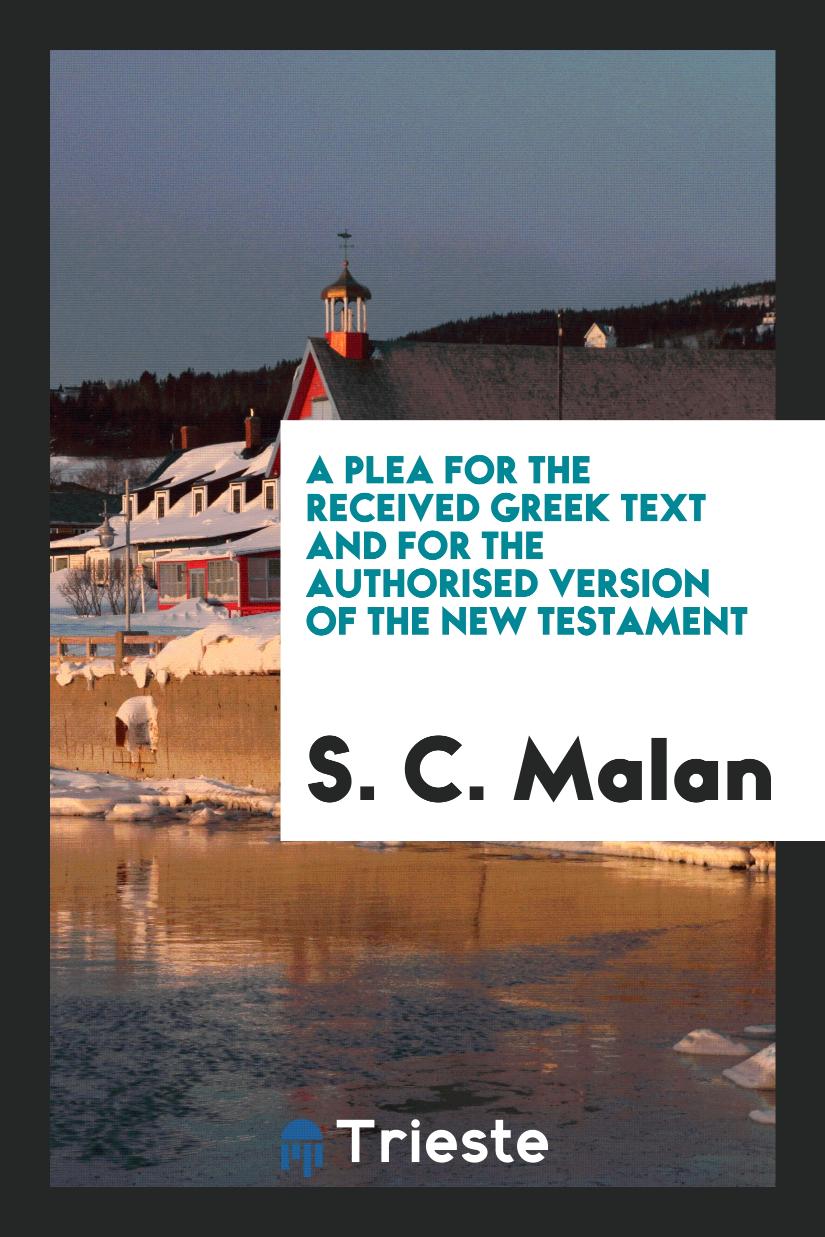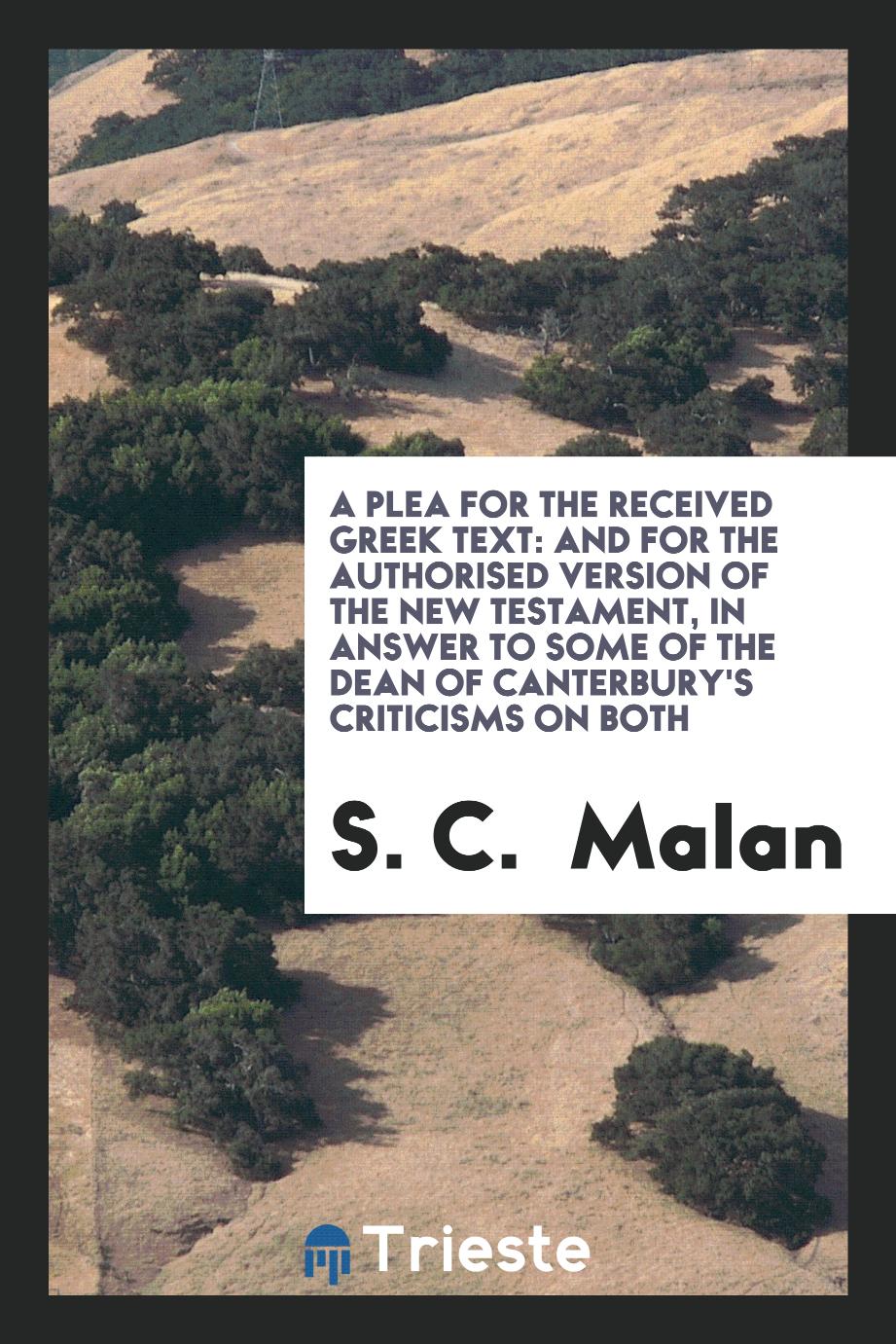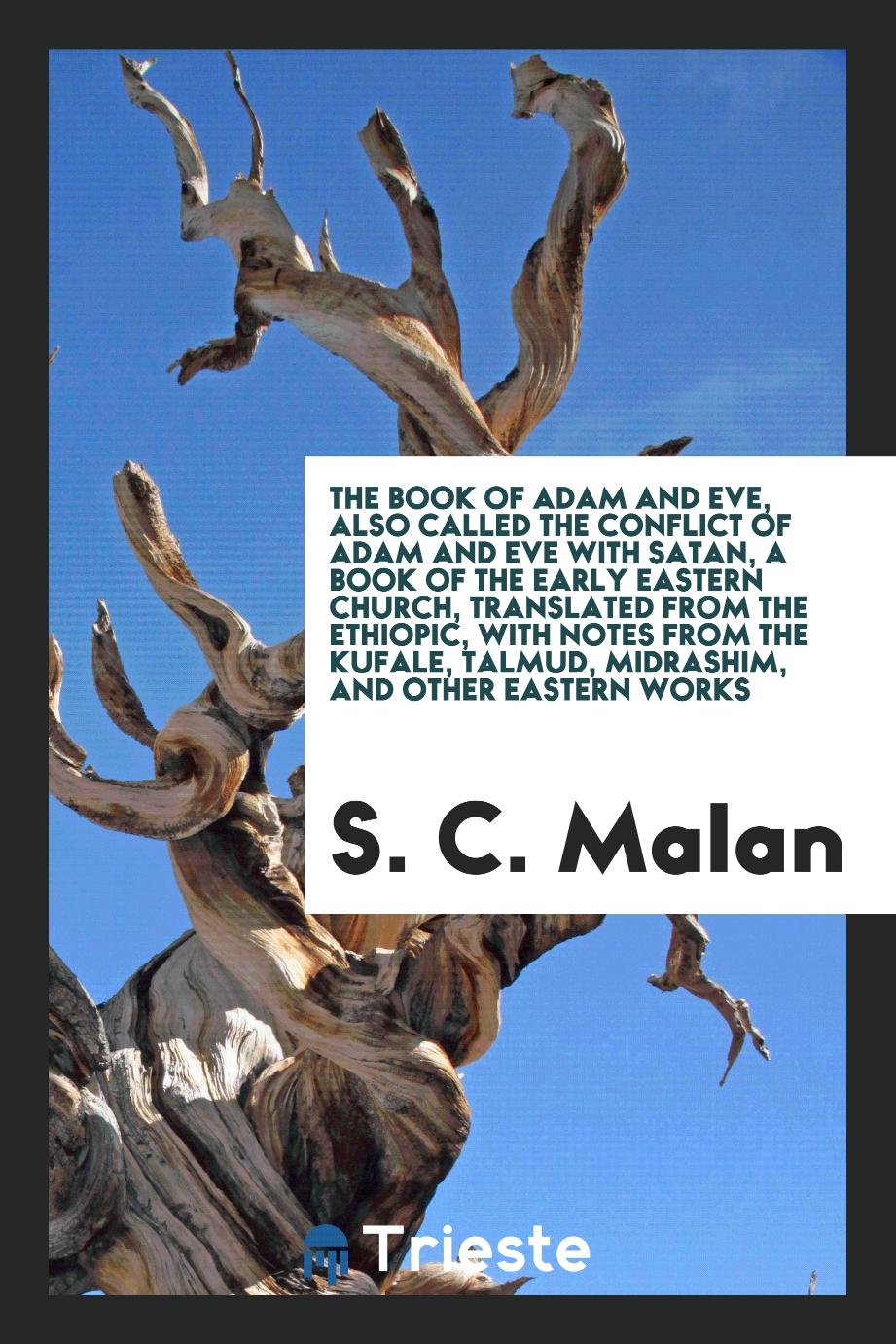
S. C. Malan
Solomon Caesar Malan (April 22, 1812 - November 25, 1894) was a British theologian, orientalist, and polyglot. A Geneva-born descent from an exiled French family, Malan was born in Geneva, where his father, Dr. Henri Abraham César Malan (1787-1864), enjoyed a great reputation as a Protestant deity. From a young age, he showed remarkable ability to learn languages, and when he came to Scotland as a mentor for the Marquise of the Tweeddale family at the age of 18, he had already made progress in Sanskrit, Arabic, and Hebrew. In 1833, he entered the Oxford Hall of St. Edmund; and English, being an almost unknown language for him, he asked the examiners to allow him to do paper work on the exam in French, German, Spanish, Italian, Latin or Greek, and not in English. But his request was not granted. After receiving scholarships from Boden and Puzy and Allerton, he graduated from Literae Grade 2 in 1837. He then went to India as a classical lecturer at Bishop's College in Calcutta, to which he added the duties of secretary to the Bengal branch of the Royal Asian Society; and although he was forced to return in 1840 due to illness, he laid the foundations for knowledge of Tibetan and Chinese. After serving in various cruises, he was introduced in 1845 to a resident of Broadwinds, Dorset, who he spent until 1886. Throughout this period, he continued to expand his linguistic knowledge; he was able to preach in Georgian during a visit that he made to Nineveh in 1872. His translations from Armenian, Georgian and Coptic languages were numerous. He applied his study of the Chinese language to identify important points related to the Chinese religion, and published a huge number of parallel passages illustrating the Book of Proverbs.




